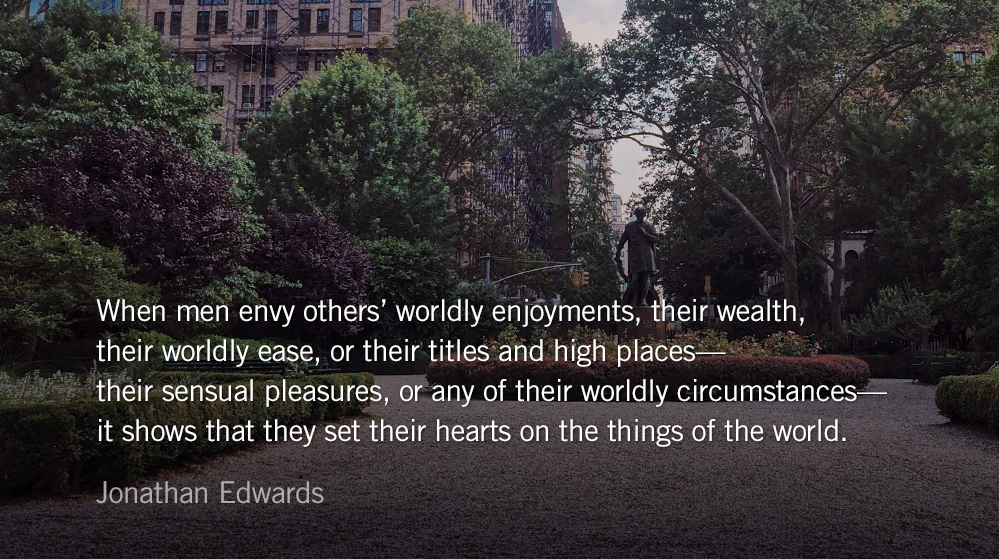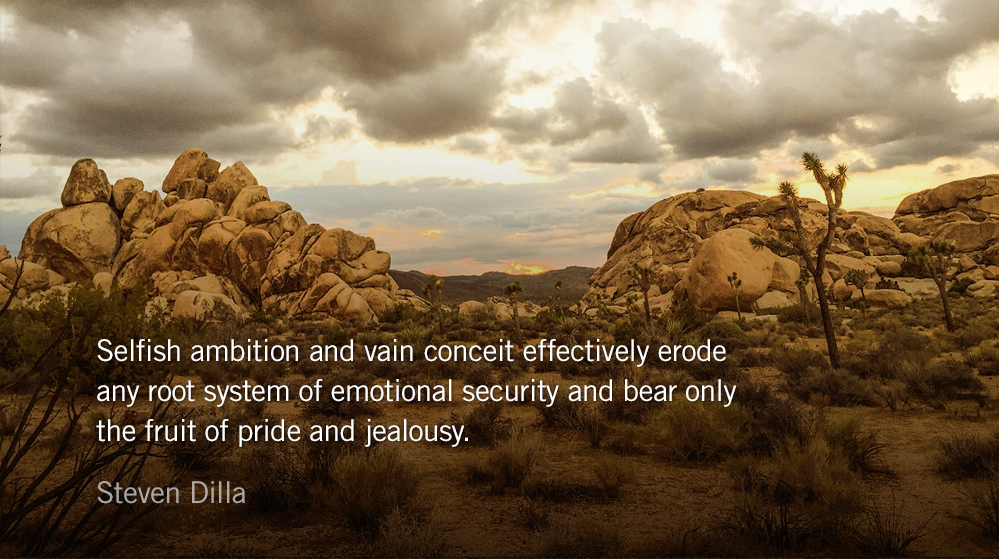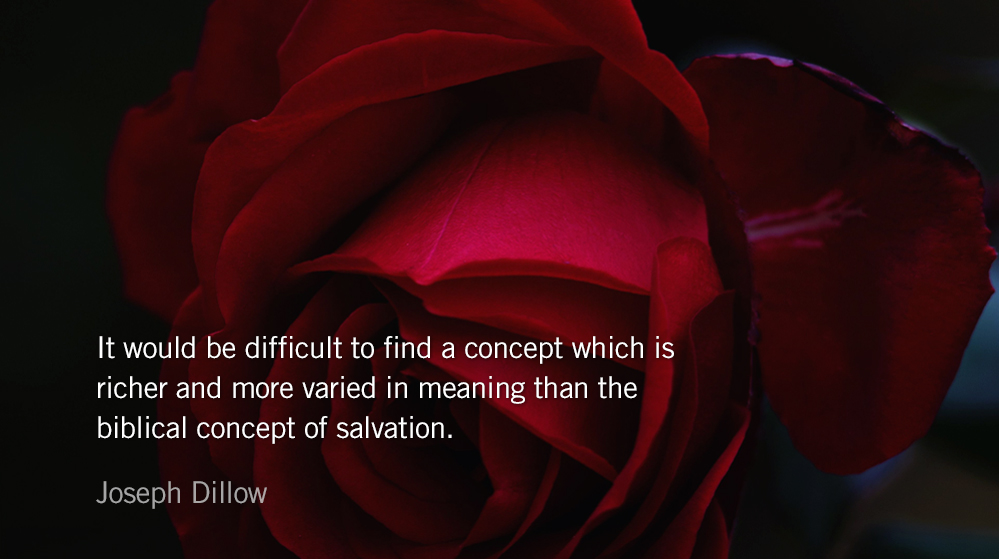“Religious extremism cannot be fully addressed by acting as if man can live from bread alone,” writes Thomas K. Johnson, “without addressing the deeper human needs that lead to extremism, and these needs include the search for meaning.” Johnson, a Religious Freedom Ambassador to the Vatican, draws from Viktor Frankl’s views on Christianity, suffering, and meaning to address the modern terrorism crisis. He explains:
Frankl, who was an Austrian Jew trained as a psychiatrist, noticed… that those prisoners who found meaning in life often survived the Holocaust under conditions that should have killed them, while those who lost any meaning usually died. Meaning was a source of life.
Johnson argues that European teens are statistically more likely to join extremist groups—even when compared to majority-Muslim nations like Indonesia—because their culture has lost meaning. Groups like ISIS give the appearance that they can replace European secularism with ultimate religious meaning through Islam and secondary civil meaning through the caliphate.
Religious extremism has always torn people apart. American’s don’t have to look far to find examples—former Westboro Baptist member Megan Phelps-Roper confessed that relational and emotional disintegration were among the primary reasons she left her father’s church:
Church members disdained human feelings as something that people worshipped instead of the Bible. They even had a sign: “GOD HATES YOUR FEELINGS.” They disregarded people’s feelings in order to break their idols.
The gospel—fully integrated into every sphere of life and faith—is the only sufficient answer to meaning. The Christian gospel provides not only a robust spiritual meaning, but a powerful civil meaning as well. Faith communities must work intentionally to draw these two meanings to the forefront of worship and discipleship—something Johnson doesn’t believe happens often enough:
Obviously, addressing the need for meaning is a central task of faith communities, but within faith communities, to the extent of my experience and observation, the emphasis naturally falls on ultimate meanings. Within Christian churches we talk constantly about the hope of eternal life, about grace and forgiveness, about faith in “the gospel.” Within churches we sometimes talk about how God’s grace should equip us to become salt and light within the civil communities.
Again on Easter I heard that there are rational reasons to believe in the resurrection of Jesus. But there is a difference in the relation between faith and reason, depending on whether we are talking about ultimate or secondary meanings. In the realm of ultimate meanings, I believe it is far better for all of us if we do not completely leave rationality behind. And in the realm of secondary meanings, when we are talking about ethical principles that should provide meaning to civil communities, it is simply foolish if we pretend to leave our respective faith identities behind.
Weekend Reading List
- Religious Terrorism, Brussels, and the Search for Meaning. Thomas K. Johnson for Evangelical Focus.
- Unfollow: How a prized daughter of the Westboro Baptist Church came to question its beliefs. Adrian Chen for the New Yorker.
- The Question of God: Viktor Frankl. Excerpt from Man’s Search for Meaning on PBS.
- Man’s Search for Meaning. Excerpt on The Park Forum.
Today’s Reading
Isaiah 11-12 (Listen – 3:39)
James 5 (Listen – 3:01)
This Weekend’s Readings
Isaiah 13 (Listen – 3:11) 1 Peter 1 (Listen – 3:53)
Isaiah 14 (Listen – 5:04) 1 Peter 2 (Listen – 3:48)






